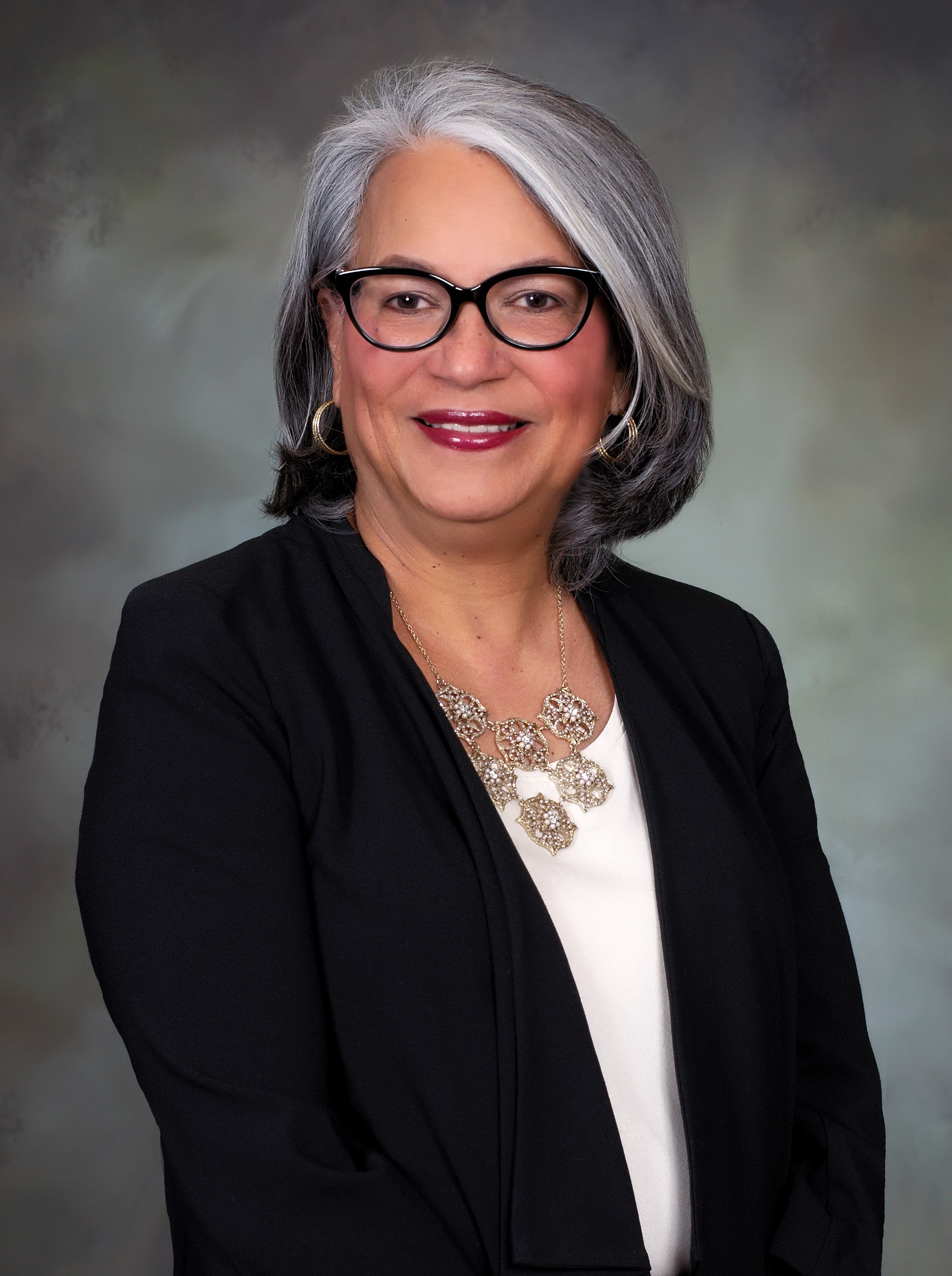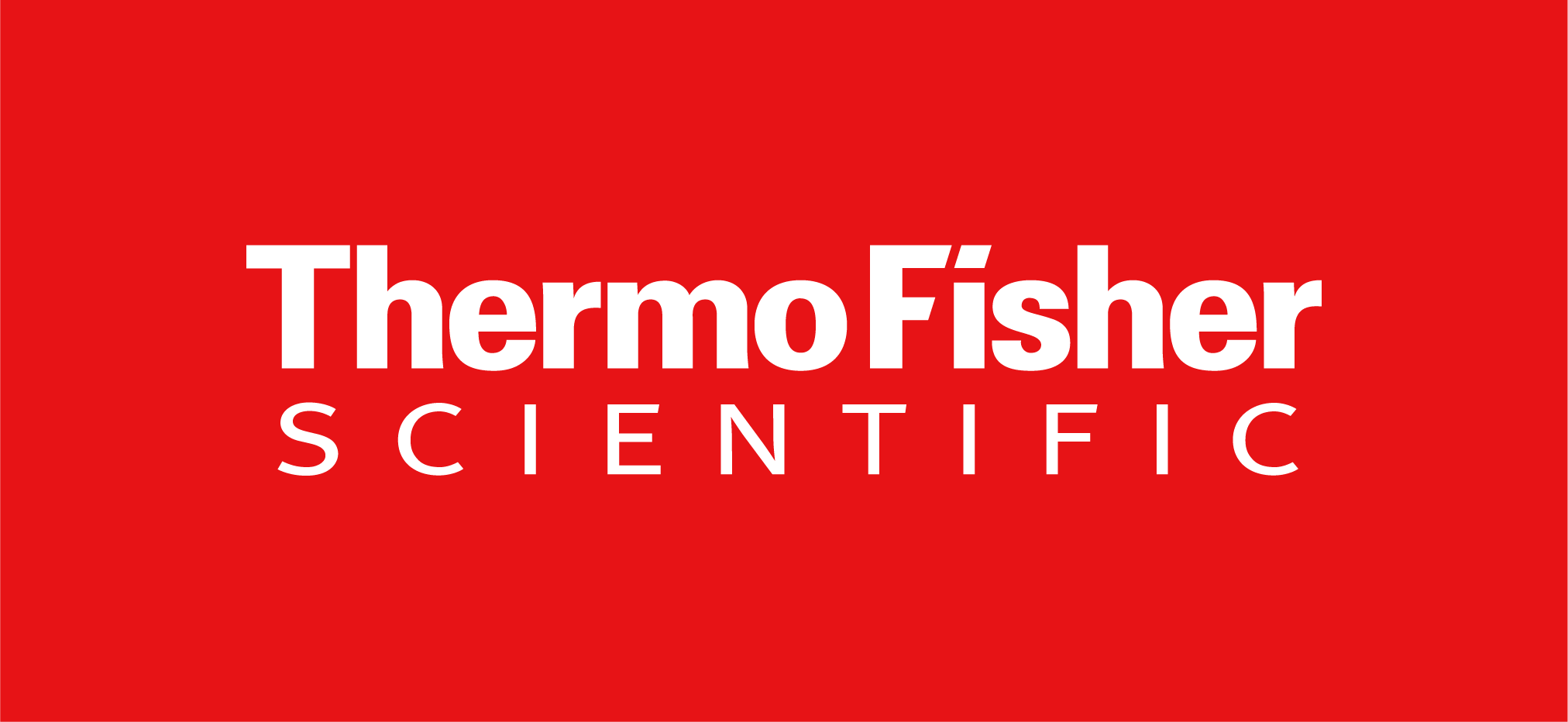By Philip Clelland
Manager, Corporate Stewardship Communications

The motivation to do this work also goes a step further for Jamie. In 2002, after experiencing chronic headaches and enlarged lymph nodes while visiting his family for the holidays, he underwent a battery of tests.
He will never forget the moment when the doctor shared his results: He was HIV positive.
“When she walked in, she didn’t even have to say anything. She could hardly even look at me,” Jamie said. “My heart just sank.”
Jamie’s diagnosis provided him an opportunity for a life reset. He decided not to return to his job as a college volleyball coach in New York and instead chart a new path. Jamie had previously worked for PPD, a leading global contract research organization before Thermo Fisher Scientific acquired it in 2021, and he thought he could make an impact as a clinical trials site monitor. To his amazement, Jamie was assigned to work on HIV clinical trials the business was managing for the National Institutes of Health.
“If there was ever an ‘aha’ moment, this was it,” Jamie said. “I knew at that point that some higher power had a greater purpose for me.”
For more than three decades, the PPD clinical research business has been instrumental in the global effort to develop life-changing therapies for people with HIV, making significant contributions to research and development for pharmaceutical customers and the U.S. government. The business has supported more than 500 HIV-related clinical trials since its first contract award from the Division of AIDS (DAIDS), National Institute of Allergy and Infectious Diseases (NIAID), part of NIH, in 1990.
 Dr. Sandra Palleja, vice president, medical science and strategy, infectious diseases, Thermo Fisher Scientific
Dr. Sandra Palleja, vice president, medical science and strategy, infectious diseases, Thermo Fisher Scientific
She recalls the moment when the decision was made to abruptly end that trial early after data showed AZT to be very effective against HIV – and that all the trial participants, including those on placebo, would get access to AZT.
“We got a phone call telling us they were going to stop the study,” Dr. Palleja said. “There was a survival advantage for the patients who were randomized to get AZT versus the patients on placebo. There were no deaths on AZT, but there were many deaths on the placebo.
“This meant that for the first time we had an HIV treatment where patients could get this new drug and escape the death sentence. For the first time, we had hope – because we had a treatment that worked against HIV.”
That moment ignited Dr. Palleja’s passion for this work. She went on to write the first protocol for the initial assessment and care of patients with HIV infection that was implemented in New York, while continuing to treat patients in the clinical setting. This also sparked her inner activist, and she became part of a coalition of Latino leaders who founded the Latino Commission on AIDS.
She eventually left full-time clinical medicine and began supporting clinical research and development programs for pharmaceutical and biotech companies, which eventually led her to PPD in 2014.
“While I work across the board with all indications of infectious diseases, I’ve been able to continue my work in HIV,” she said. “My work is fascinating, and I get to work on so many impactful projects.”
Expanding access to treatment
Over time, and through a concerted global focus, HIV has been transformed from a deadly, unresolvable disease to a more manageable condition for many people living with HIV who receive antiretroviral treatments. Despite the advancement in treatments, HIV continues to be a major public health concern. Access to therapies is not universal. Evidence of drug resistance continues to surface, especially for people who have been taking HIV medications for a long period of time and including those in low- and middle-income countries.
 Jamie Culp, clinical trials site monitor, Thermo Fisher Scientific
Jamie Culp, clinical trials site monitor, Thermo Fisher Scientific
Advancing continued research efforts
Thermo Fisher’s clinical research business recently announced it has been awarded two contract renewals in support of HIV clinical research for DAIDS. Both are seven-year contracts that call for continued clinical site monitoring services as well as a broad range of research and support services to the DAIDS-supported clinical research portfolio and other infectious diseases that share health determinants with HIV.
The extension of this work means Dr. Palleja can continue devoting her time and expertise to support the next breakthrough.
“I would love to write myself out of a job, but I don’t think that’s on the horizon right now,” she said. “So, I’ll keep working.”
That mindset keeps Dr. Palleja and her colleagues focused on the patients who will benefit from the research. When helping to design clinical trials, she ensures that patient-centricity is one of the top priorities, which often means taking patient feedback into account.
"I've always had a community advisory board, so I would convene people infected with HIV to come read my protocols before they’re finalized, give me input,” Dr. Palleja said. “What is it about this [protocol] that you would do or wouldn't do? What am I asking that's too much, and what should I include instead?"
This approach ensures that Thermo Fisher’s research is not only scientifically rigorous but also aligned with the needs and perspectives of those directly affected by HIV.
Over the years, more than 500 PPD staff members like Jamie have supported about 600 protocols aimed at treating, preventing or lessening the effects of HIV disease, facilitating the development of innovative therapies and the pursuit of a functional cure.
“HIV remains a fatal disease if not treated,” Dr. Palleja said. “We have to continue to develop treatment options for patients. We also know that the earlier you intervene with treatment, the better chance that the patient has to live a long and otherwise healthy life. However, even with treatment, people living with HIV are still living 10 to 15 years less compared to those without HIV. This is a challenge we must continue to confront.”
That passion is shared by Jamie in his work to support HIV research.
“I’ve never wanted to do anything else,” Jamie said. “While I may be a very small part of this, you feel like you’re part of something huge. Millions of infections have been stopped because of [this work], and there’s still work to do.”
1. HIV drug resistance, World Health Organization; May 21, 2024

